Parte 2:
Bibliography:
Geological calendar
Act 3: Yes, life is but a quiz, but it sure takes luck
Host
So let’s begin our journey through the history of events that decimated humanity.
Guest 12
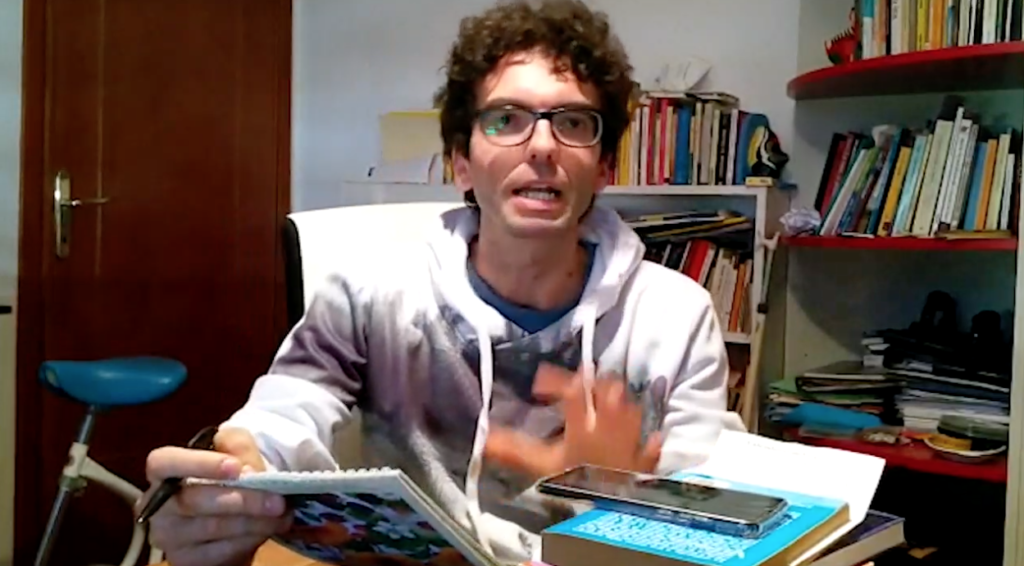
You mean decimated life on Earth. Let’s start from the beginning. Look (shows a yearly calendar), let’s start from here.
Host
A calendar?
Guest 12
Geological, Geological Calendar. It’s an old scholarly concept, shared by a science communicator of the time, Piero Angela.
Let’s pretend that midnight of January 1st is 4,5 billion years ago, the beginning of the planet’s life, and that midnight of December 31st is 2020.
Host
Then, 4,5 billion is to 365 days, right?
Guest 12
I see you’re prepared.
Then, by this calendar, we can say that ozone forms around June 23rd, oxygen arrives on July 9th and for the first breathable atmosphere we have to wait till August 18th.
The oldest fossil ever found dates back to November 15th, even if around the 20th is the 1st Great Mass Extinction:
85% of the species of that time, between invertebrates and primitive fish.
Host
Oh no! After only 5 days of existence?
Guest 13
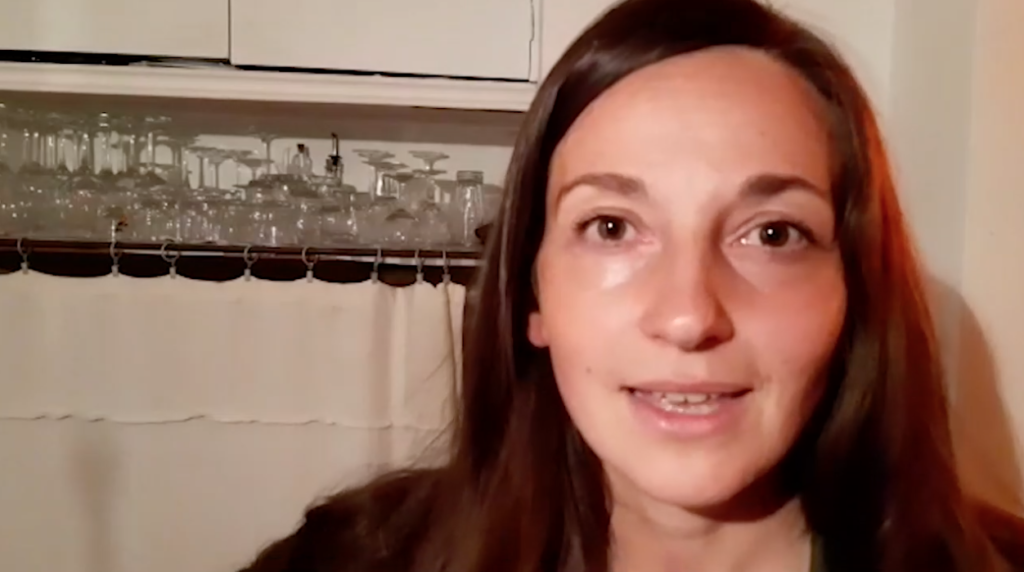
Don’t worry, by the 29th the first plants and terrestrial animals already appear and, after a few days, Earth celebrates the Kellwasser Event, the 2nd Great Mass Extinction: a non-stop event of around three million years in which around 82% of living species couldn’t see the end of the MegaParty. After that, Earth restarts, and after around 125 million years it decides to celebrate December 8th with the hat-trick, the 3rd Great Mass Extinction: 96% of marine species and 50% of animal species wave goodbye.
That small few held on, got up, and took off again with the classic enthusiasm of the survivors, but after the first blade, it came the second, and after a couple of days the planet reminds to his little surface parasites who ruled, by extinguishing around 76% with the 4th Great Extinction.
Host
How can I say.. “The Year of Living Dangerously”
What if it was a weekday?
“Big Wednesday”, lived like lions.
Guest 13
What if it was a weekday?
“Bruce Almighty”
Host
No, that lasted 9½ Weeks
Guest 13
May I? At this point, Earth enters a period of relaxation, even if there were other smaller extinctions certainly tragic but less effective.
The resulting conditions are extremely favourable to life, and this causes a great growth of the species, both by numbers and sizes, so that December 13th dinosaurs appear and take over the planet for around 175 million years.
December 25th rich and succulent lunches are had, and the atmosphere is as euphoric as always.
On the 26th, the first mammals show up at the party, perfect as the big beings’ occasional snacks, but they will prove indigestible.
The following day prehistoric Santa Claus makes a mistake, and instead of a comet, he brings an asteroid.
The impact is so powerful that its unleashed power was equal to 10.000 times the arsenal of the whole world during its moment of maximum armament during the cold war. The 5th Great mass Extinction: 75% of the guests never get up again, dinosaurs included.
But this time life resumes faster, after not even a century algae were already back in the seas.
Host
Imagine Santa’s face when he understood he made a mistake. I can believe that now he brings presents…
But when does our species appear?
Guest 14
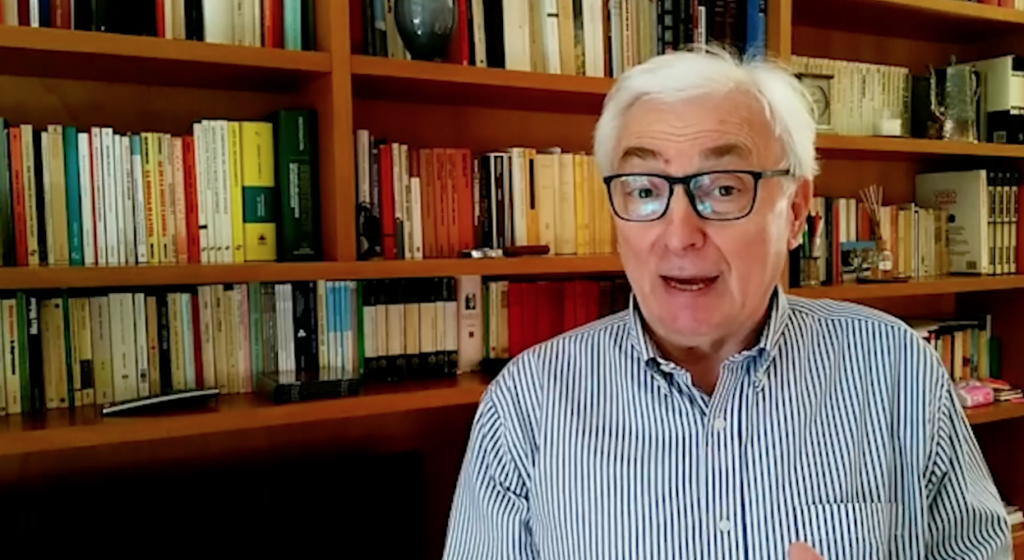
Before us, namely December 29th, the Catarrhini arrive, including Barbary macaques in Gibraltar.
Homo Sapiens, bringing the flag of the human species, enters the scene on December 31st at 11.56 and 49 seconds pm, on the path cleared by pioneer Lucy, arrived a few million years earlier, found in the Afar Depression, in the Horn of Africa, named “The cradle of Humanity”.
Host
How come that, having a whole world available, you choose a place named Depression?
Guest 15
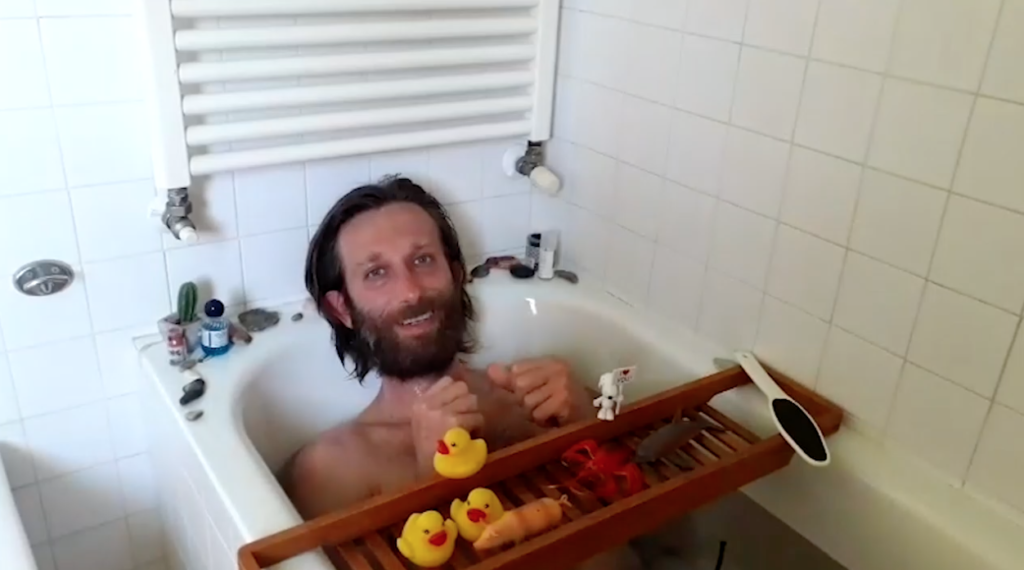
Same old reason: resources. Specifically a magmatic rock, obsidian, a natural glass easy to work and very sharp, a natural prehistoric scalpel available in great quantities, a scalpel so perfect that it was used in some operations at the end of XX century.
Lucy’s evolutionary branch became extinct, while other branches, including ours, risked a lot.
The reason? Still her, earth and her volcanoes. Actually, just one, which, as Patience would say, is a multitude. It decided to explode in Sumatra, erupting for weeks and then collapsing, leaving a crater that, with time, became the Toba Lake, maybe the greatest eruption in the last 25 million years; its ashes spread so much that they worsened an already harsh climate coming from the glaciation that covered Europe and the whole Northern Hemisphere; in the cradle of humanity, the Horn of Africa, temperatures dropped by twenty degrees, seasonal rains disappeared, currents got modified, resources got scarce and food was hard to come by, famines…
A theory based on our genetics, on the hominid’s, and other mammals’ too, the famous bottleneck, suggests that our species was reduced to a few thousands (according to Sam Kean it was actually around 40) and so they, so we, risked extinction, now we would call it a protected species.
But at the time, no one protected it, it saved itself. And became Sapiens. And then Sapiens Sapiens. And then it was a random diversification, Sapiens Sapiens, Super Sapiens Sapiens and then a numerous and colourful range of Little or absolutely not Sapiens, commonly called Ignorans Knowitallus.
Act 4: Good and Evil
Host
Easy for SuperSapiens to win!
Guest 16
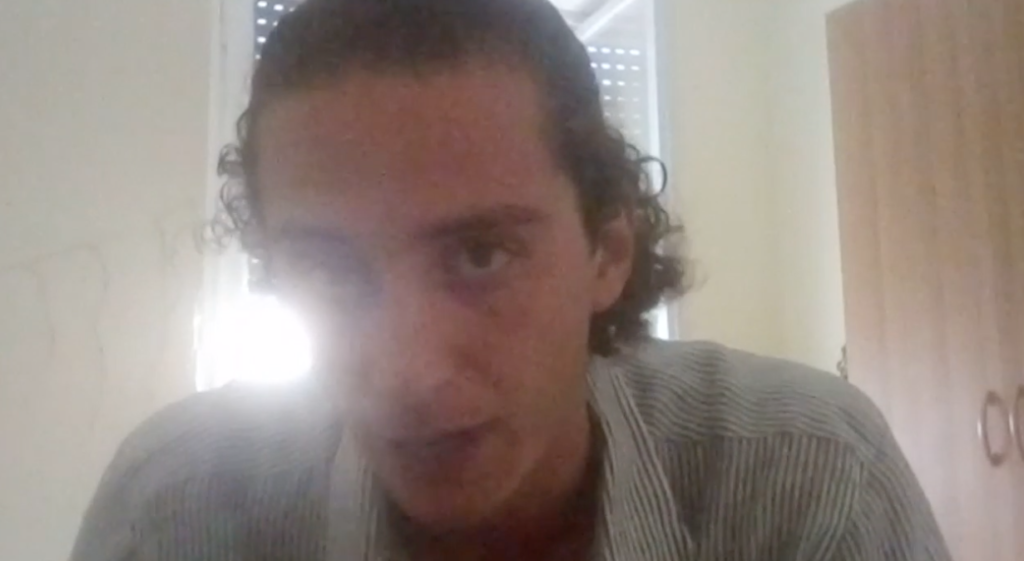
That depends. It takes one to know one. Climate improves and what do they do?
They start evolving, and since earth caused no problems, they decided to kill each other.
The first cause of death in human history? Human violence.
Not to mention non-murderous violence, like mistreatment, slavery, verbal, physical, and social violence.
Host
Well, if you put it like this it’s not a good portrait of our species
Guest 16
Good or bad, that’s what the numbers tell us.
But luckily there’s more. Beauty is endless.
Doctor Yonatan Sahle, for example, is one of those archaeologists who have worked in the Afar Depression.
These are his words in the interview for the documentary “Inside Hell”, by Werner Herzog in 2016:
“At the university I’ve studied history and that’s how I fell in love with the subject, but it wasn’t enough, history wasn’t enough, I wanted to dig even further back in time and discover what truly makes us human; we are a truly unique species in the way we interact, collaborate, produce, and modify the environment, but, at the same time, we fight among each other, we destroy, we pose a hazard to other species and the planet, to the destiny of the planet; so we are a very interesting species and I wanted to get to the root of it all and discover what lies at the base of these processes.
And once we’ll find ourselves, as a species, at a truly critical situation, we will have to be able to learn from our mistakes and manage to work hard in order to make the situation of our planet better, to allow our species to have a future.”
Host
You see, history makes people wise.
Guest 17
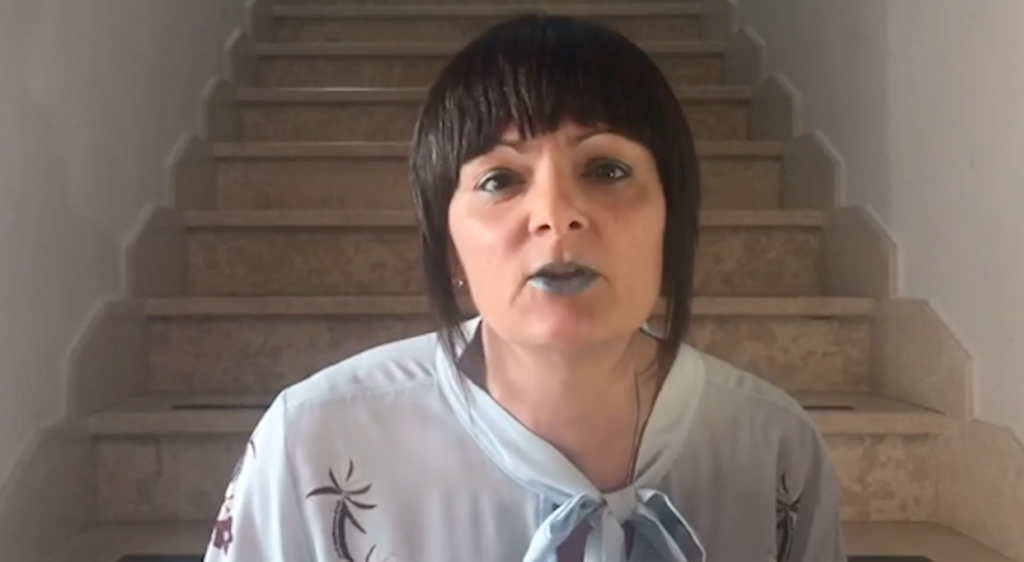
Yeah, so much that it was mistreated by the educational plans of the time.
Just imagine that at those times people would claim that war was part of human nature, lifting them away from the ineradicable guilt.
All of this left a free range available to those who were willing to profit from it, with one of the usual excuses that we can summarize in:
we kill people who kill people because killing is wrong.
All of this comes to us from the history of great events, of great voices, but not all the individuals agreed.
Host
Another archaeologist?
Guest 18
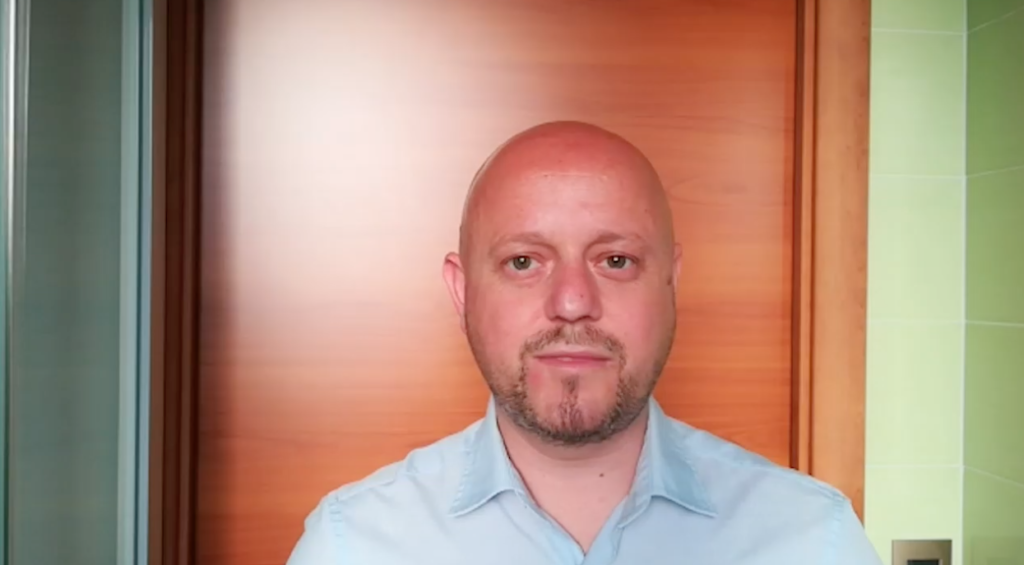
No, this time a nurse, Quinto, who, in a diary from the early 2000’s, speaks of the evil like this:
“Sometimes I still unbelievably hear someone saying that war is within the nature of man. But if with the word man we mean every person, this means that we accept that evil is in our DNA. But if it’s in our DNA, this means that children, when they’re born, are already evil. No, I can’t agree with that.”
Guest 19
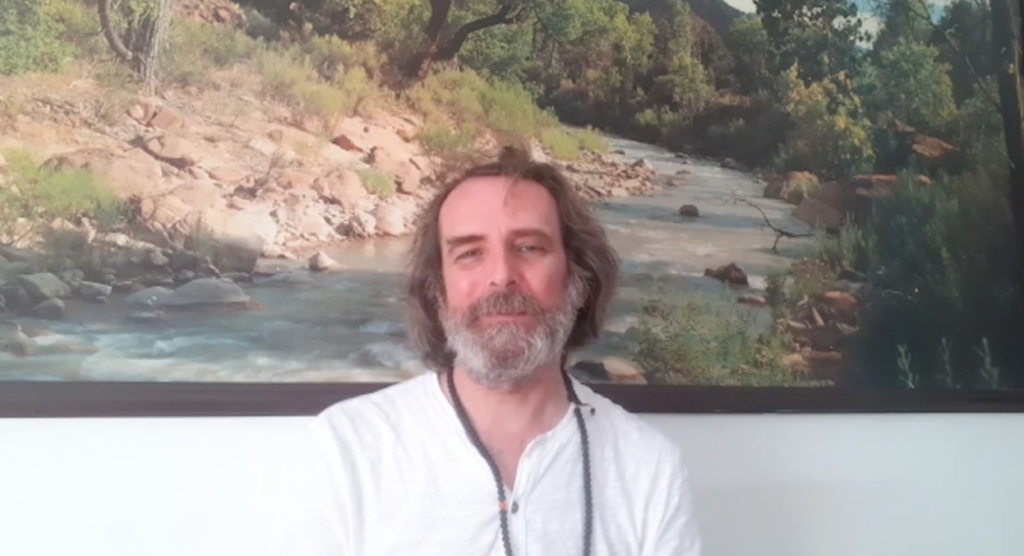
“My experience tells otherwise. In all my life (and I’ve met my fair share of kids) I haven’t met an evil one. Kids can be violent, racists, bastards, cynical, obnoxious, selfish, liars… Kids can be everything, but they can’t be evil, because evil needs awareness of the consequences of one’s actions. Kids aren’t aware, sometimes partly, but never fully. They are naïve, they have a simple soul, innocent. Lucky them! This is why I cannot accept the thought that war is within human nature.”
Host
The world changes but childhood doesn’t, a certainty, a constant, a …
Guest 20
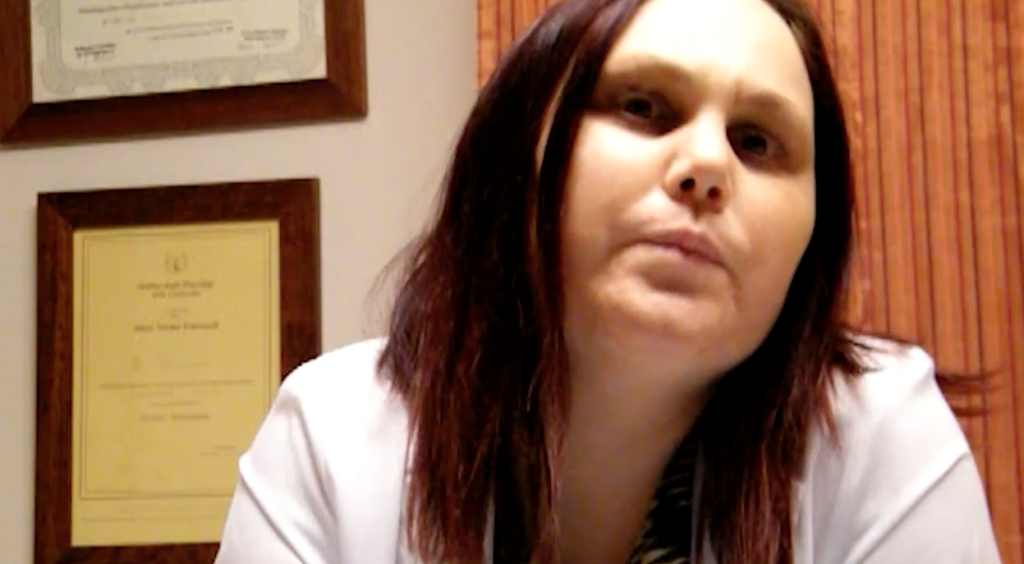
May I?
“It was a calm afternoon in Paediatric Oncohaematology from a few years back and I was chatting with a bald dwarf about his new phase: precious stones. He started asking himself and me where and how they’re found, who, when, and mostly why. One eye on the internet and the other on his book’s charts and then he told me: “but if most precious stones are found in Africa, why is Africa the poorest continent of the world? Good question”
Host
So, it’s not in our nature, it’s not in our genetics, where’s the crossroad?
Guest 21
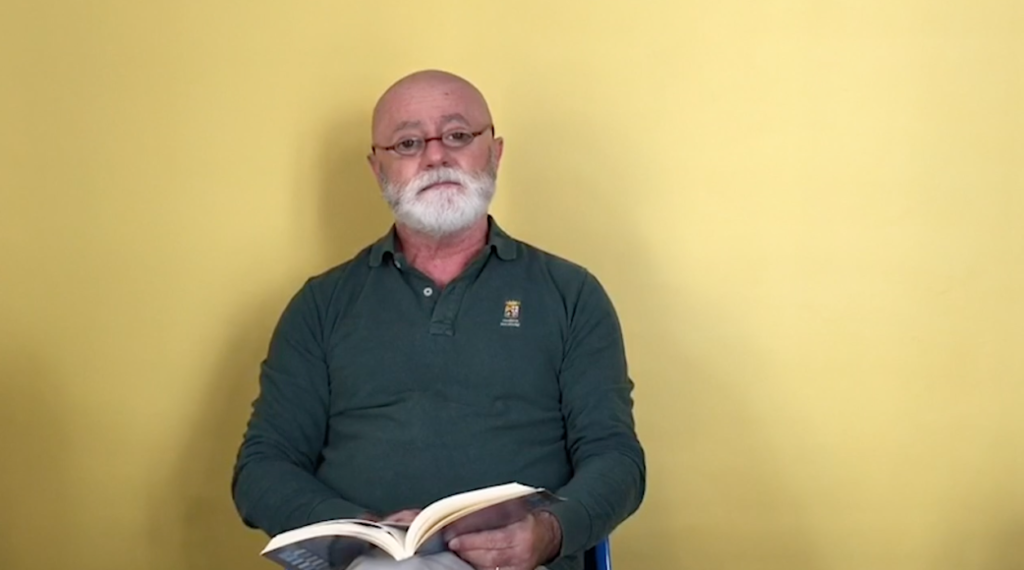
Hannah Arendt wrote “A Report on the Banality of Evil” in 1963:
“The manifestation of the mild event of thought isn’t knowledge at all, but rather aptitude to tell good and evil apart, the beauty of the world from eyesores, and I want to believe that thinking may gift people with the strength to know how to prevent horrible catastrophes in those rare moments when the reckoning occurs”.
And in 2020 humanity risked a lot, among viruses, violence, violated rights, hunger and struggling not to delegate conscience.